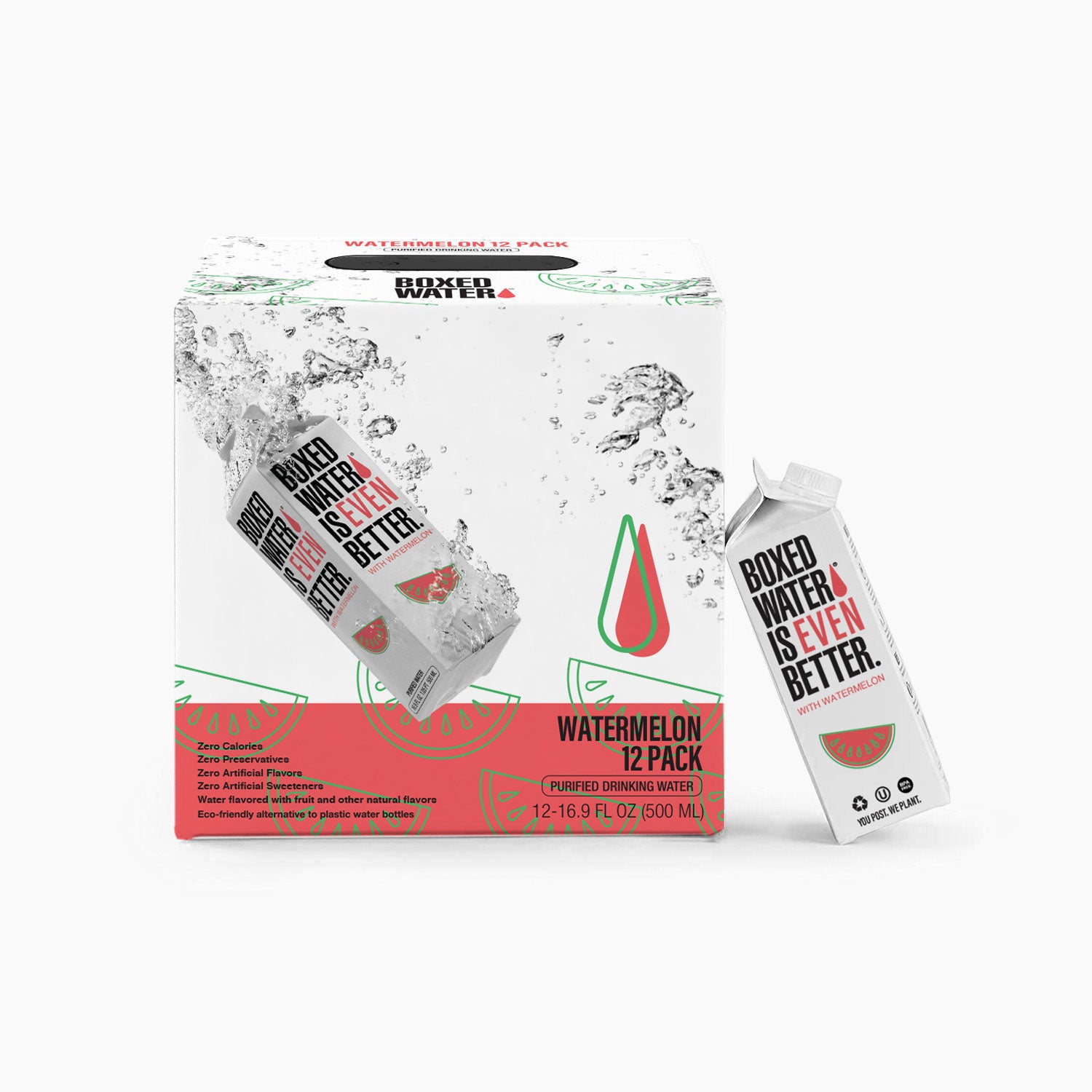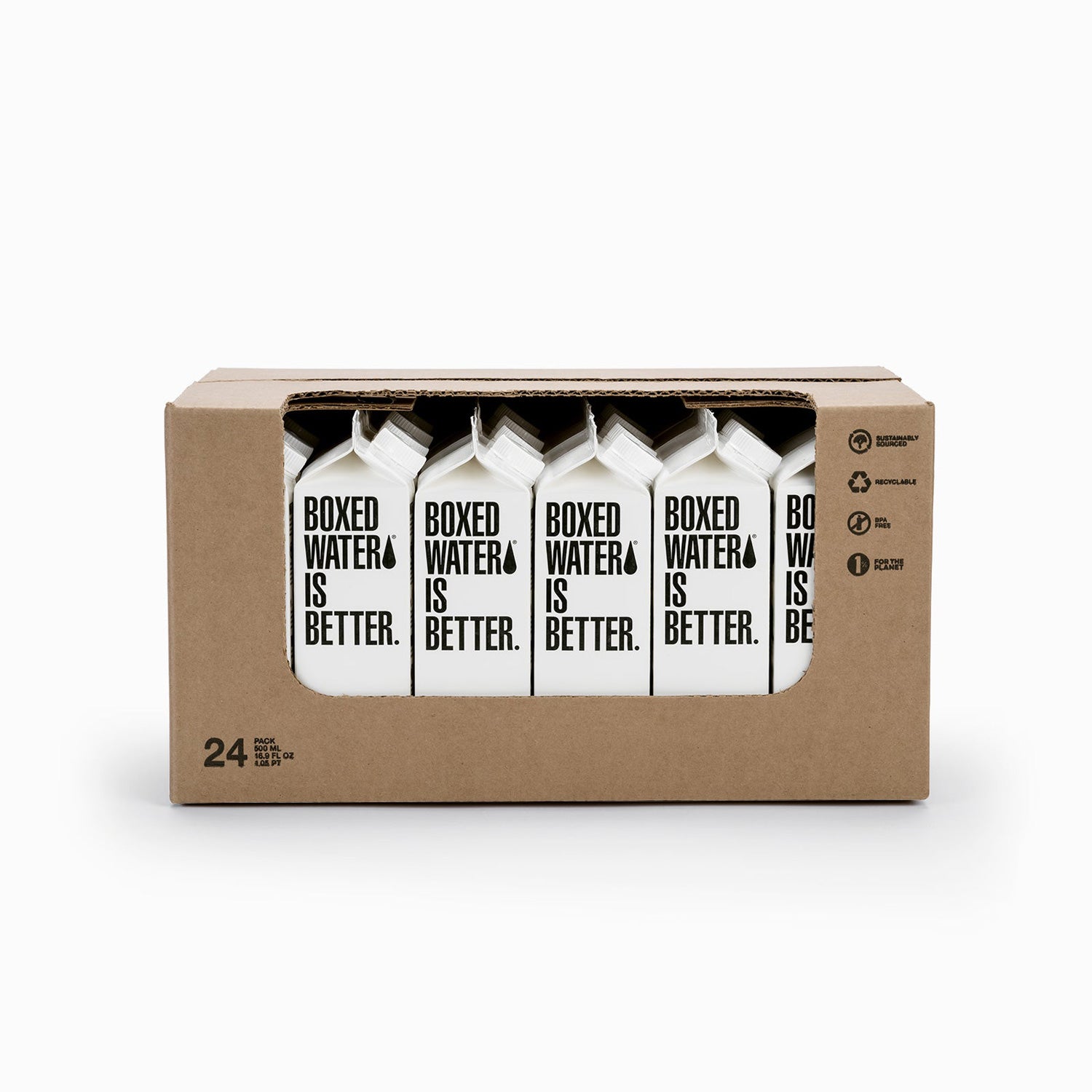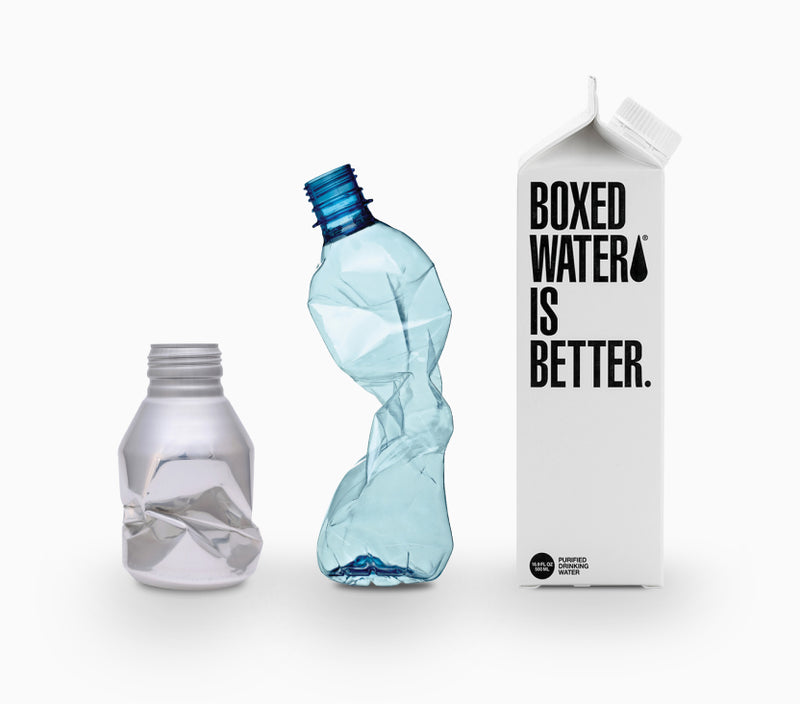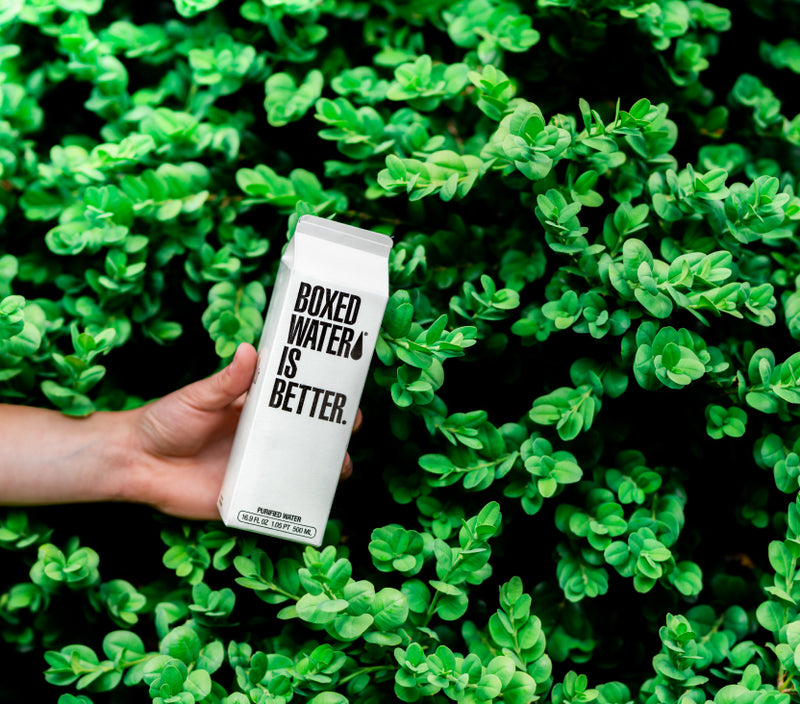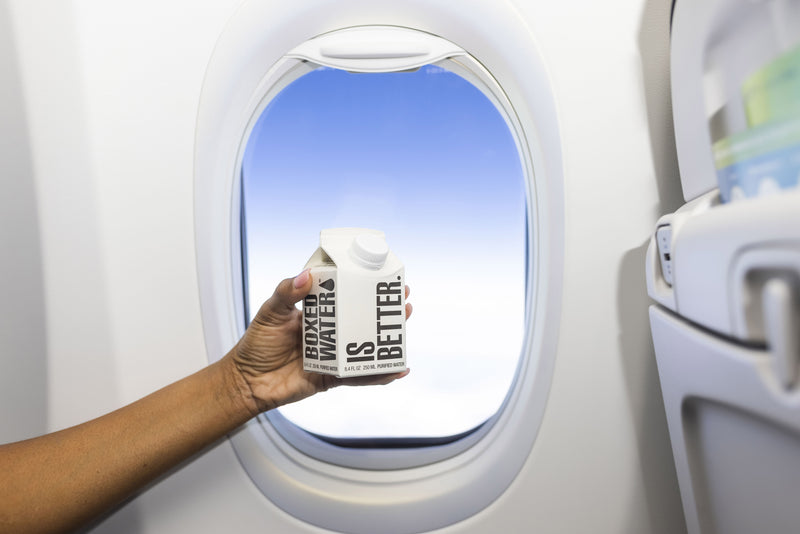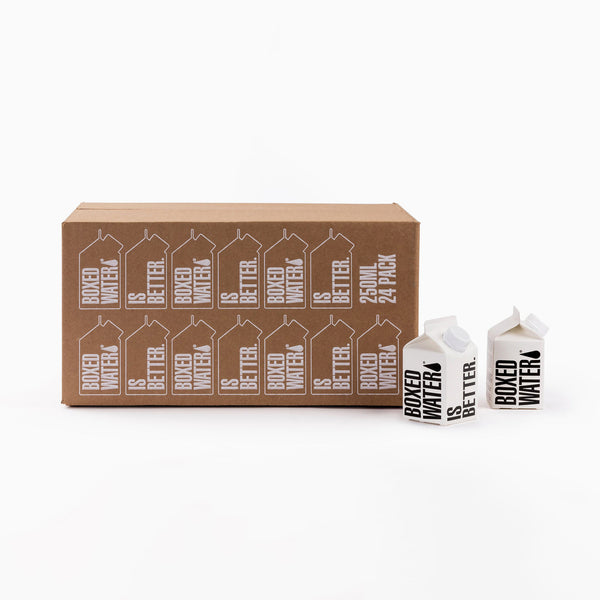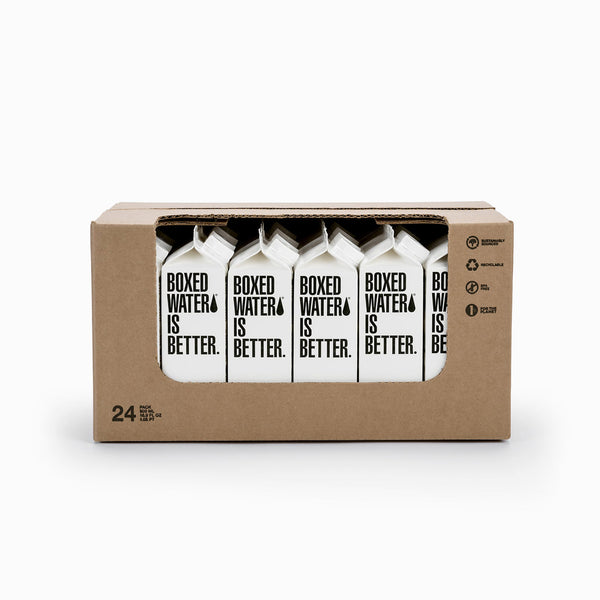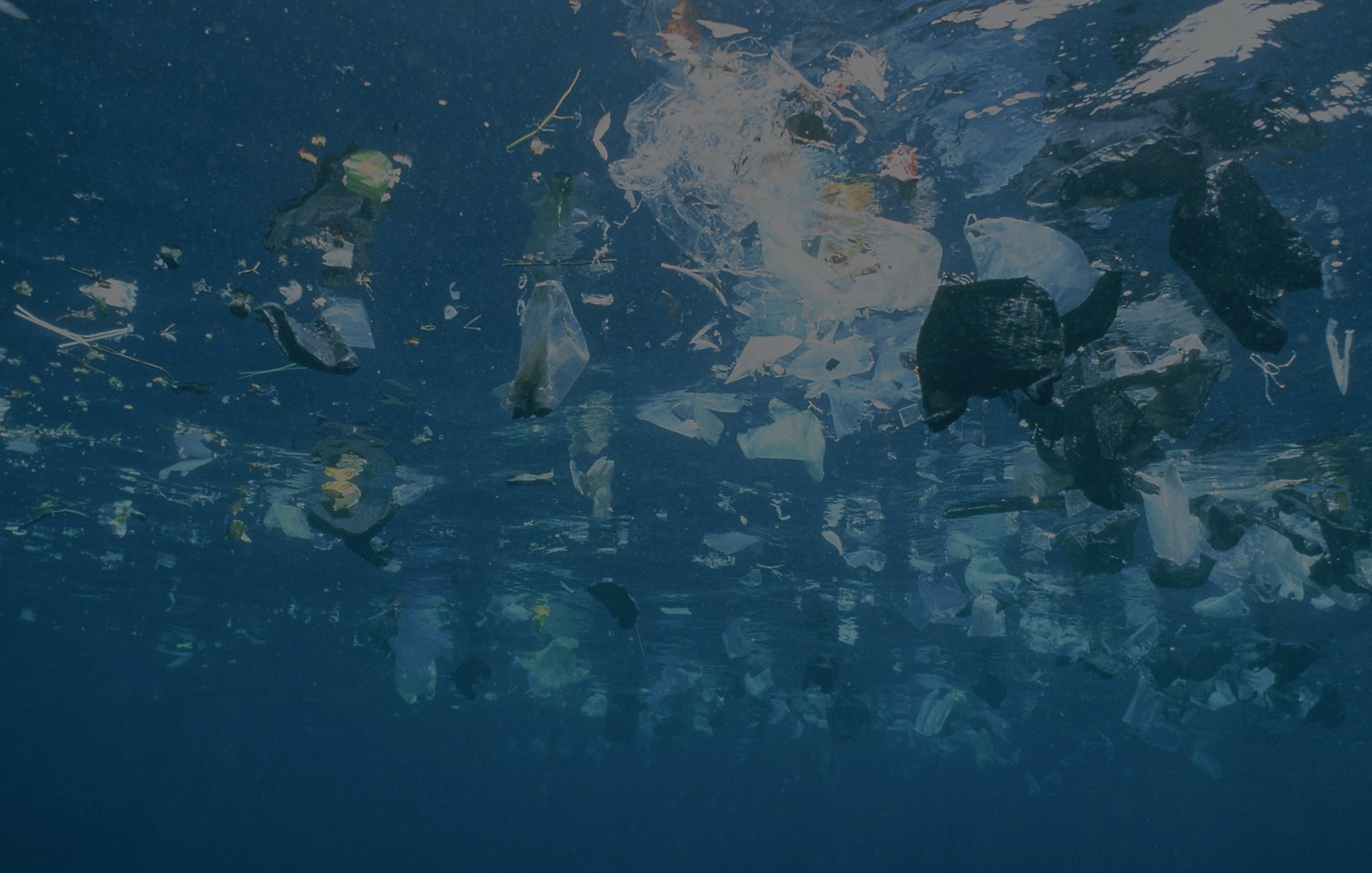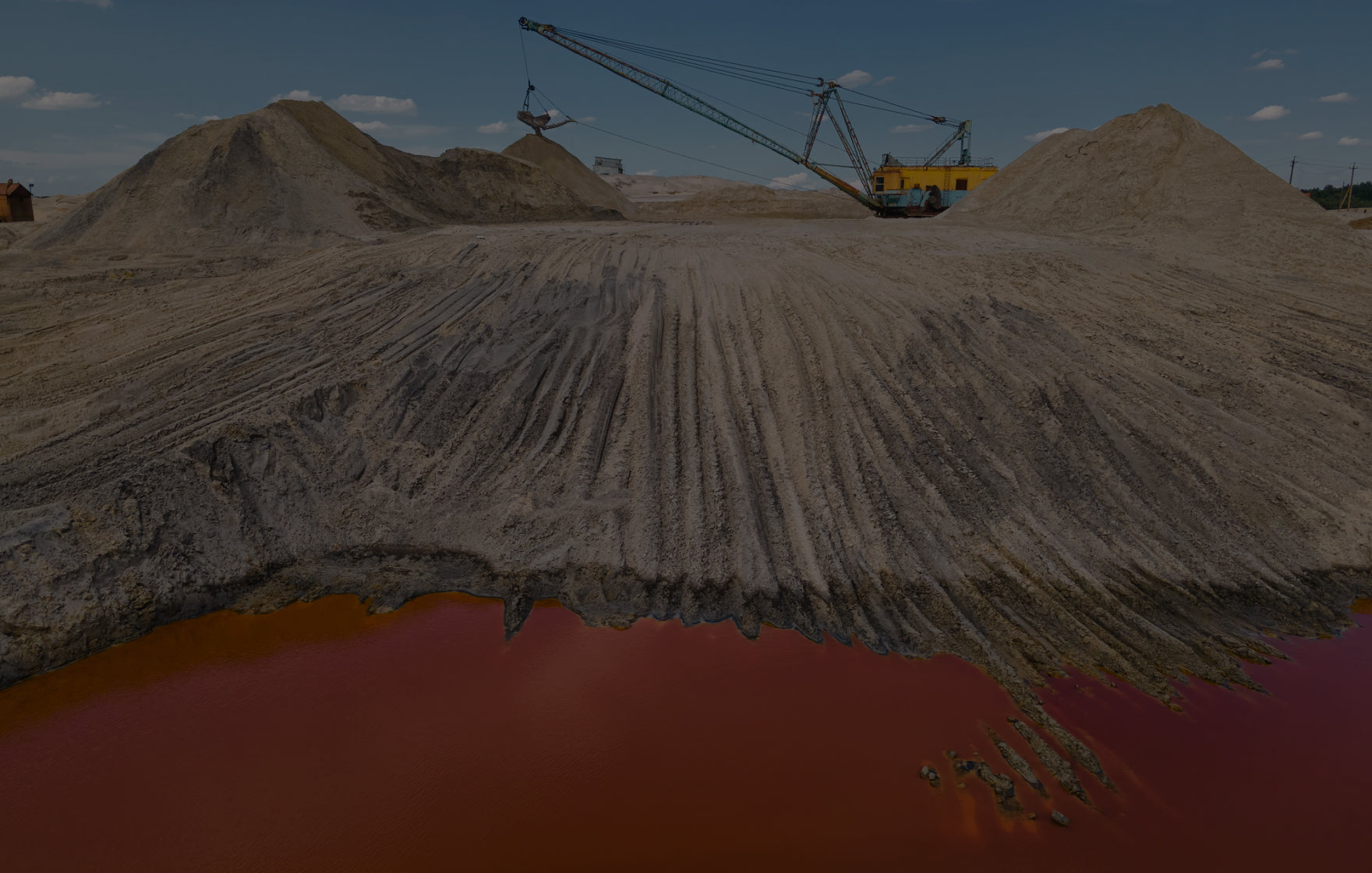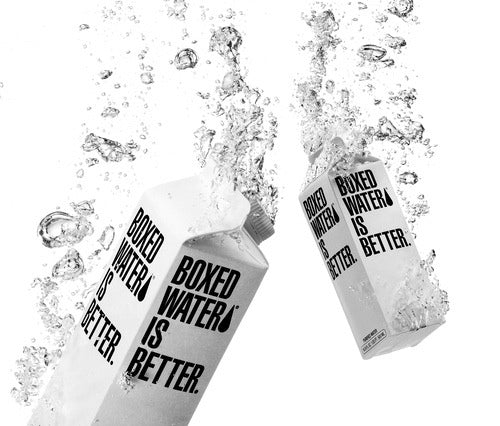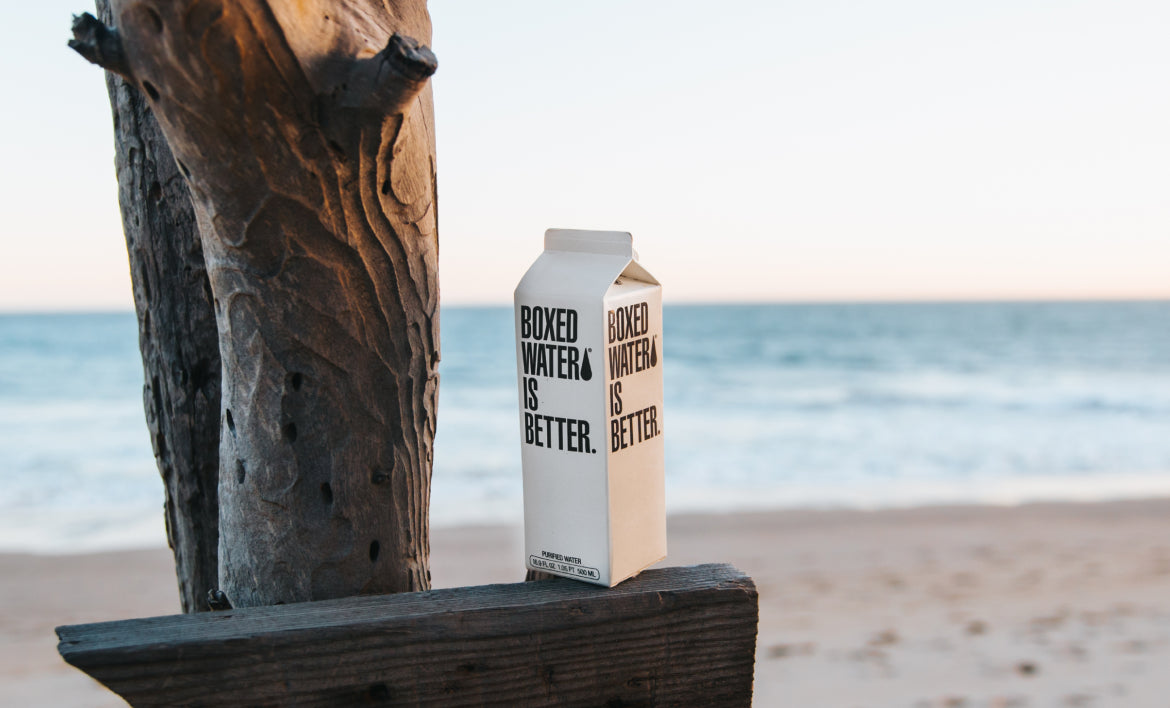

LIFECYCLE STUDY RESULTS: PROVEN BETTER.
The moment you grab an item from the store shelves is just a small piece of that product’s story. Our study shows what makes Boxed Water™ cartons more sustainable than plastic bottles and aluminum cans throughout their entire lifecycle.
*This study is consistent with LCA: ISO 14040:2006 and ISO 14044:2006 International Standards.
The moment you grab an item from the store shelves is just a small piece of that product’s story. Our study shows what makes Boxed Water™ cartons more sustainable than plastic bottles and aluminum cans throughout their entire lifecycle.
It's one thing to call
ourselves
BETTER.
It's another to
PROVE IT.
The Research Results
Reusable bottles are clearly the best option for our planet, but there are situations where their use is not possible or practical. So instead, we’re left with the question, what packaged water is better for the environment?
Looking at recycling isn’t enough. Plastic and aluminum production is increasing while recycling rates drop. The latest data shows 5% of plastic is recycled. Boxed Water commissioned Anthesis Group, a third-party research organization, to look at the bigger picture and conduct a three-month research process to compare the environmental impact of a Boxed Water carton to a PET plastic water bottle and aluminum canned water. Beyond the clear benefits of our renewable, plant-based materials, Anthesis found that Boxed Water cartons have a lower total environmental impact than plastic bottled water and aluminum cans.
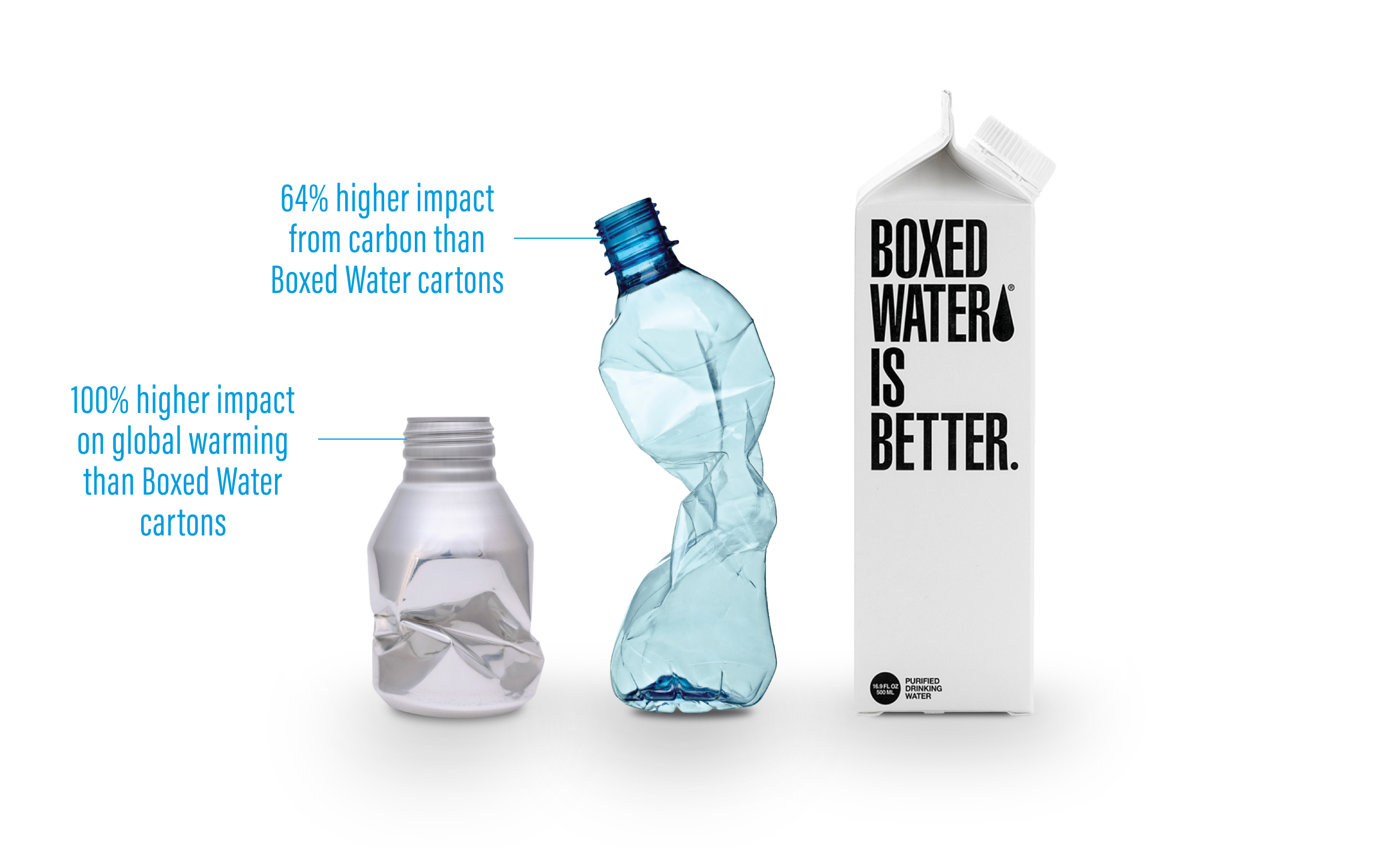
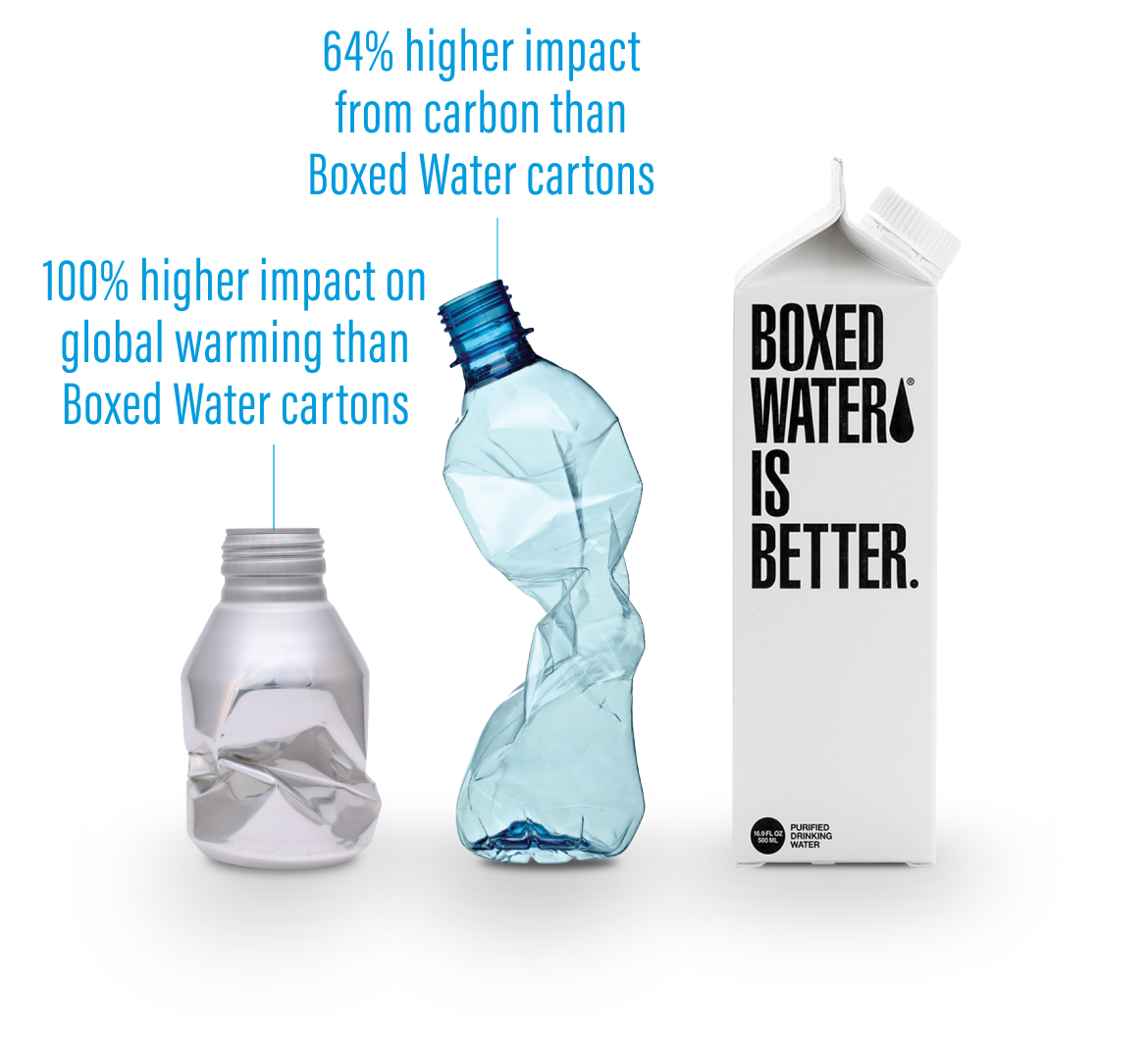
What’s a LCa?
For Boxed Water's Lifecycle Assessment (LCA), researchers examined the comparative lifecycle of each product from “cradle to grave,” meaning they looked at everything from production to retail distribution to end-of-life and waste management. Their results generated an environmental profile of each product that could be examined for its impact.
*This study is consistent with the International standards for LCA: ISO 14040:2006 and ISO 14044:2006Researchers evaluated the impact of the three packaged water options on environmental concerns like ozone depletion and global warming throughout a full product lifecycle. For example, the mining of aluminum creates a toxic red mud that has contaminated waterways and communities. Plastic bottles release greenhouse gasses into our atmosphere throughout their entire lifespan, from oil drilling during production to their decomposition in landfills and oceans, which is where 95% of plastic ends up. Boxed Water cartons, however, are made from renewable resources and sources its water close to consumers.

THE RESULTS ARE CLEAR THAT BOXED WATER™ CARTONS HAVE A
LOWER TOTAL IMPACT ON OUR PLANET.
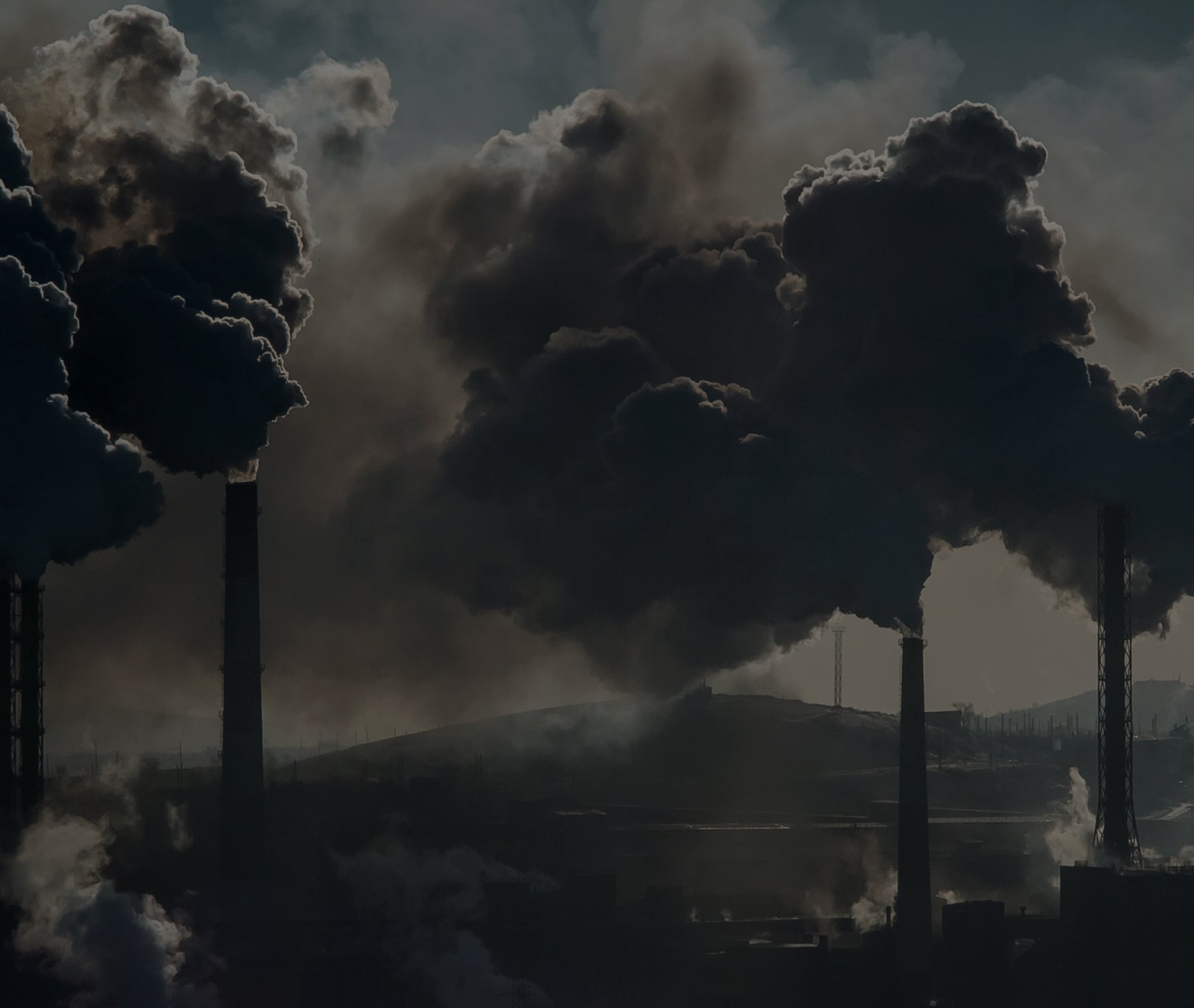
Ozone Depletion
The ozone layer shields our planet from harmful ultraviolet rays. After decades of damage, it is trying to heal. Many of the substances needed for oil drilling, like the halogen group of elements, swiftly destroy the Earth’s ozone molecules and impede progress.

Global Warming
A change of only 2 degrees Fahrenheit has already created dangerous extremes such as drought, wildfires, and flooding. Plastic and aluminum production and incineration generates large amounts of greenhouse gas emissions, which leads to global warming.
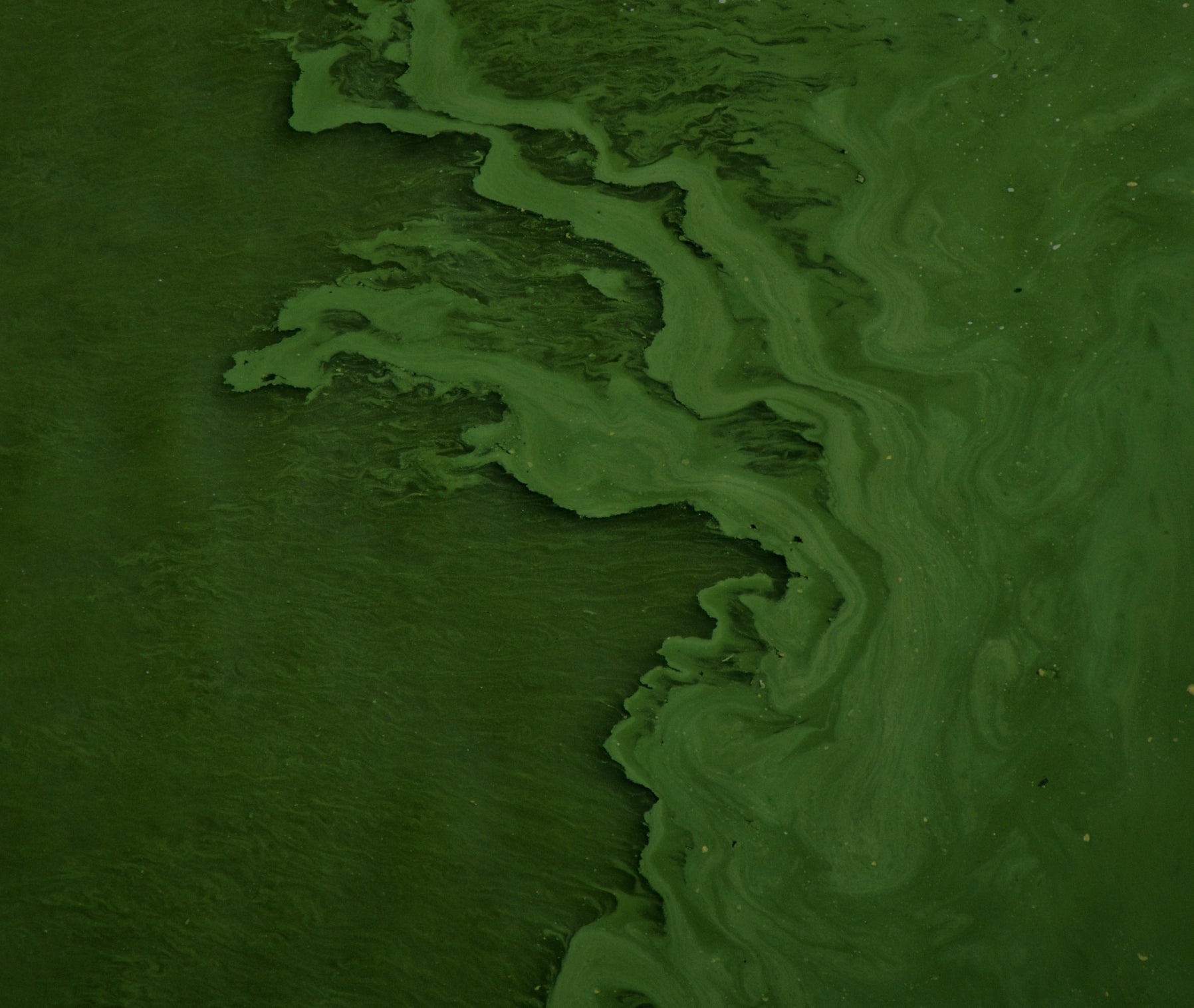
Algae Bloom
Microplastics and the excessive minerals in aluminum production contaminate coastal waters and wetlands. This leads to excessive algae blooms, toxic red mud, and low-oxygen waters that can eliminate entire ecosystems.
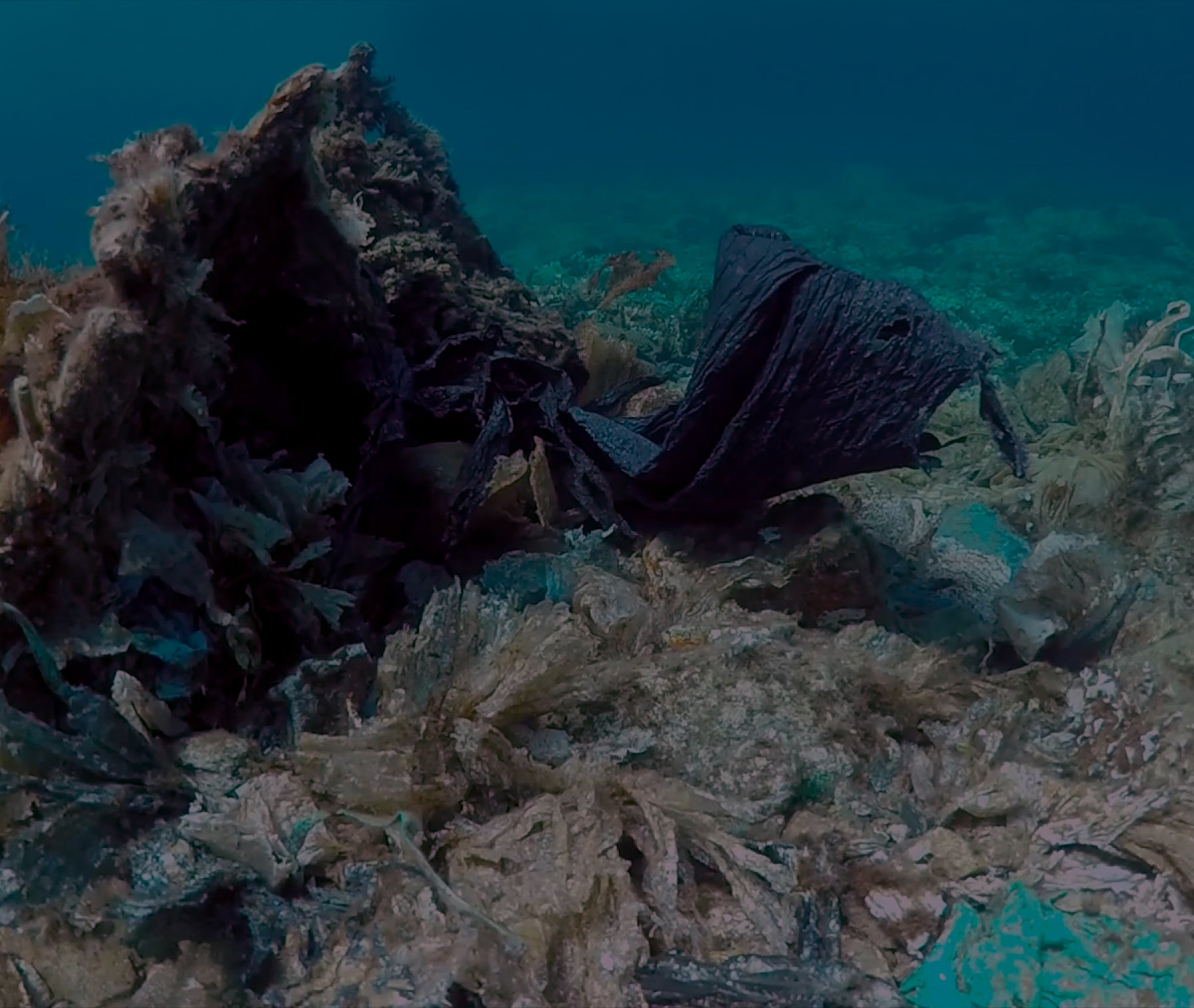
Acidification
The pH balance of our oceans is becoming more acidic and our marine species are struggling to survive. Oil drilling and aluminum smelting are releasing carbon dioxide, sulfur dioxide and nitrogen oxides into the atmosphere.
*Based on extrapolation of carbon “savings” switching from PET to carton by Anthesis utilizing bottled water consumption reports.
